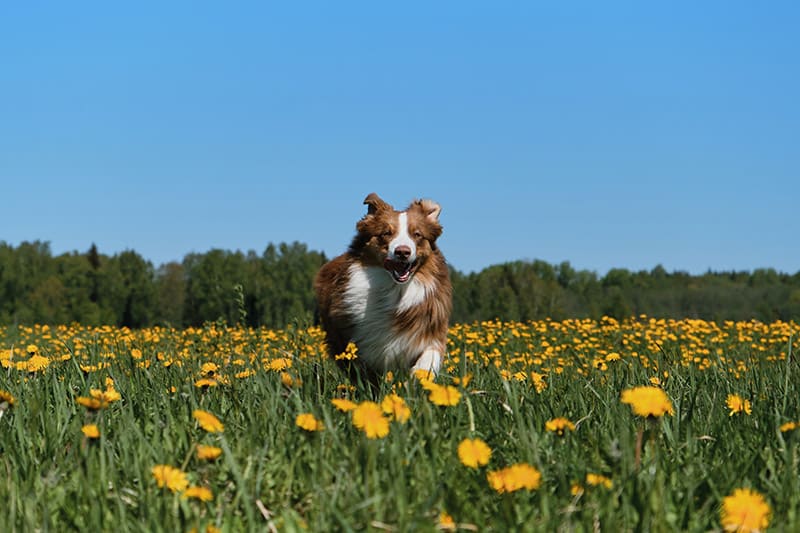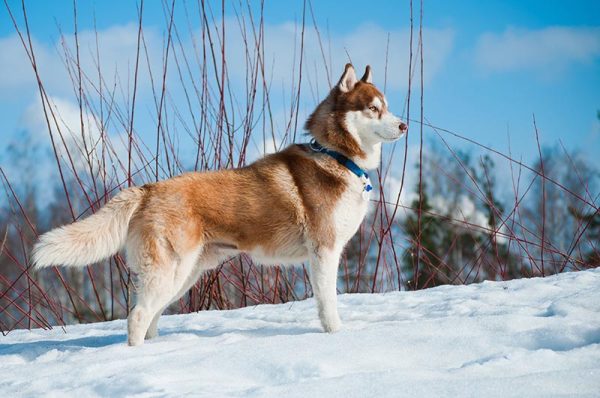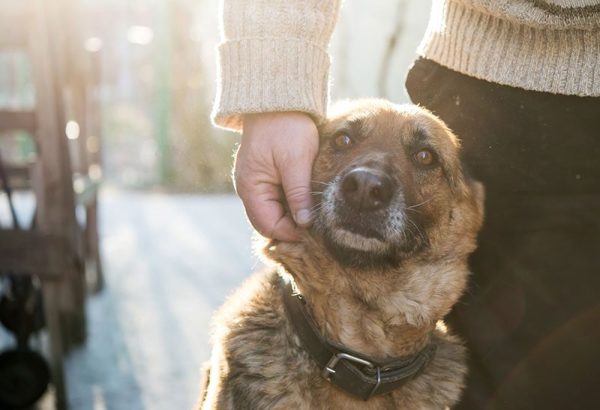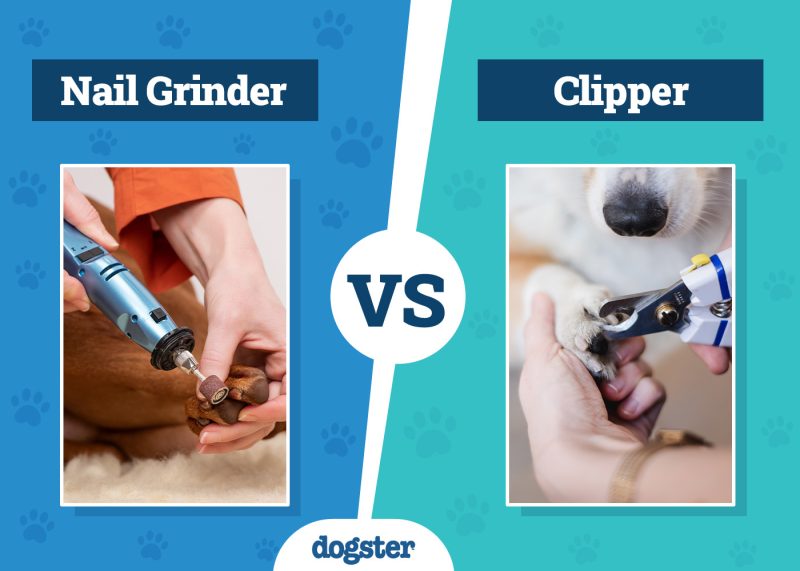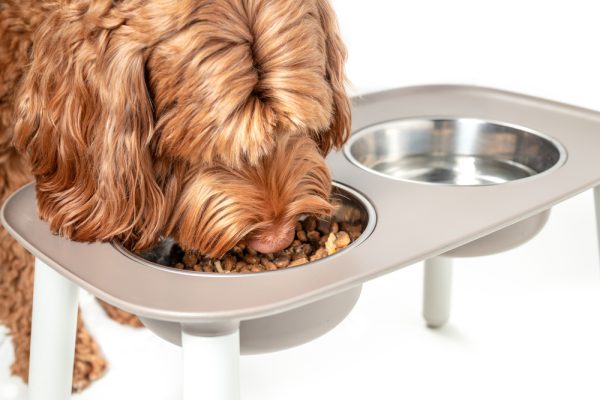Is your dog a little sluggish or low in energy? Dogs are like people in that each individual may be a little more or less active, and breed/genetics play a role, too. For instance, Bulldogs are notorious couch potatoes, while Belgian Malinois have a work ethic that would put any of us to shame.
While there’s no dog-safe coffee that you can give your pup for a quick boost, there are several ways you can do it naturally and in a healthy way. Let’s explore how you can help your tired dog perk up a little down below.

The 6 Energy Boosters for Dogs
1. Daily Exercise
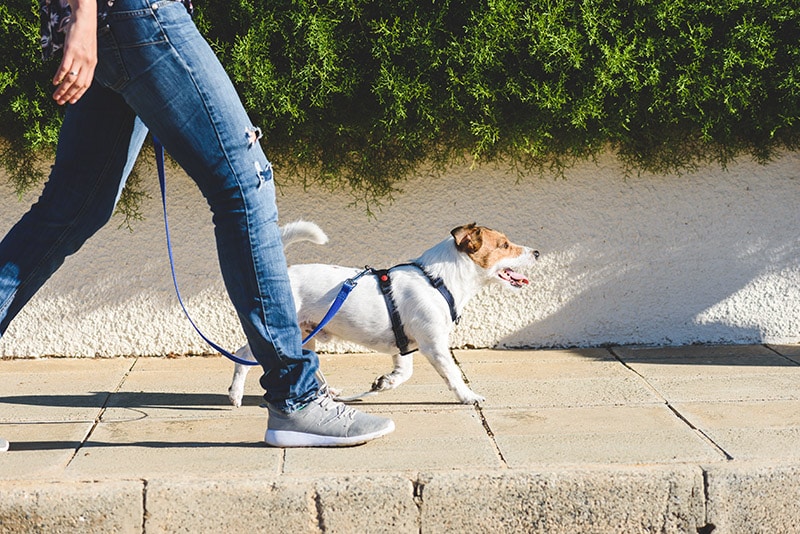
Just like people, dogs need regular exercise, or their energy levels start to decline. Dogs that don’t get enough exercise in the form of playtime or walks will become bored, anxious, and even stressed out. If your dog is unfit, persist with exercise. As time goes on, they will have much more energy. Like exercising your body, you have to stick with it to help your dog reap the long-term benefits of a regular exercise routine. However, this advice does not apply to older or normally very active dogs. If your dog is suddenly lethargic, there is probably a medical issue, and older dogs are more likely to suffer from arthritis, which should be treated by a vet and can be aggravated by exercise.
2. Mental Stimulation
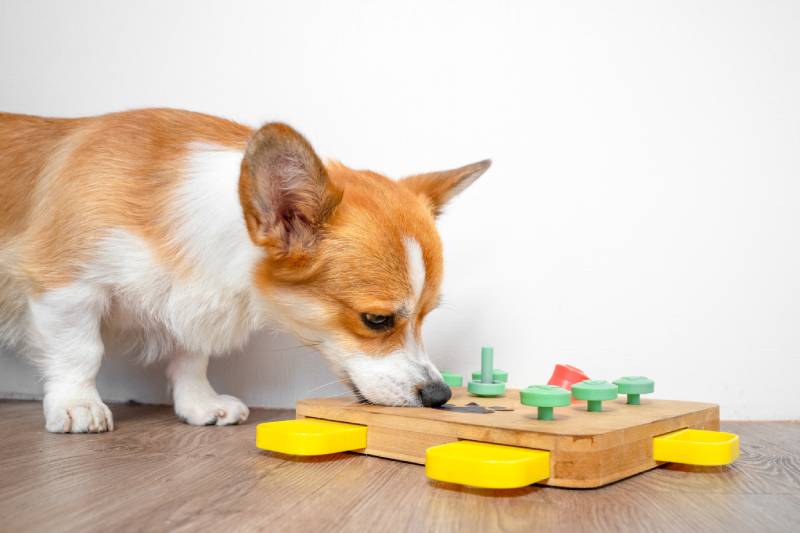
Walks aren’t always enough for the canine Einsteins of the world who crave something practical to do with their big brains. Challenge your dog’s intellect and problem-solving skills with some rousing games, obedience training, or puzzles. Your dog might not have much of an attention span at first or be able to keep up, but they will if you keep it as a part of your daily routine. Just like you build up muscles, you need to build up your dog’s problem-solving ability and energy reserves.
3. Plenty of Quality Z’s

If your dog is tired throughout the day, it’s possible they are not sleeping well. The average dog needs about 12 to 14 hours of rest a day, with most of that during the night with sporadic daytime naps. Does your dog have a comfortable sleeping spot that’s not too cold or hot? Is it possible they are suffering a painful ailment that’s affecting their ability to sleep? Any of these could be a problem.
First, establish a boringly predictable bedtime routine. Feeding, exercise, and sleeping times should be the same every night. If you’re not sure about their sleeping habits, it’s worth staying up at night to spy on how well your dog sleeps. If they appear restless, frequently get up, or are whining while trying to sleep, it’s likely a medical condition is the culprit. We recommend visiting a trusted vet to pinpoint the exact cause and how to help your dog get better quality sleep.
4. A Balanced, High-Quality Diet
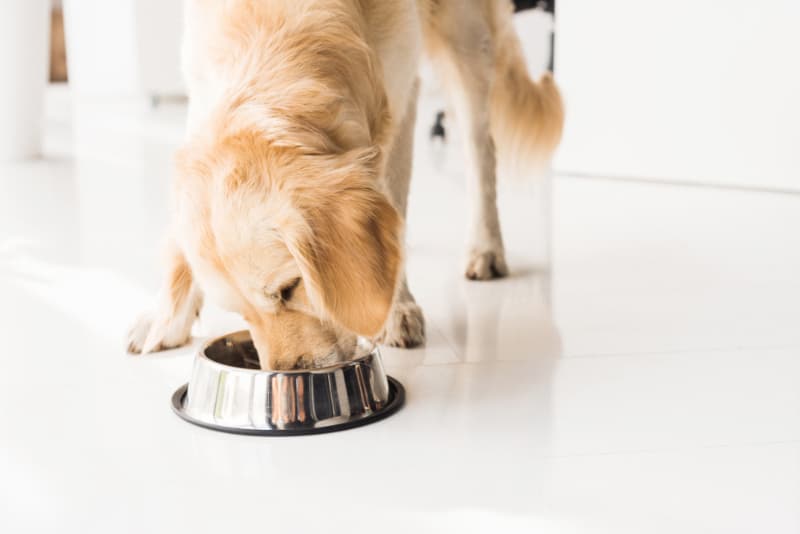
Healthy energy levels start from a well-balanced diet made from high-quality ingredients. More specifically, malnutrition could be your issue. If your pup isn’t getting enough nutrients, they’ll be more tired during the day. Malnutrition will lead to a feeling of lethargy, but did you know that overnourished, obese dogs are more likely to be lethargic?
If you are unsure about your pet’s weight, have a look at a body condition score chart. A malnourished dog has a low body condition score; they are excessively bony. An obese dog has a high body condition score; they have no visible waist, and there is excessive fat covering the ribs. A body condition score of 5 is ideal. This dog has a waist, and we can feel but not see their ribs.
5. Hydration, Hydration, Hydration
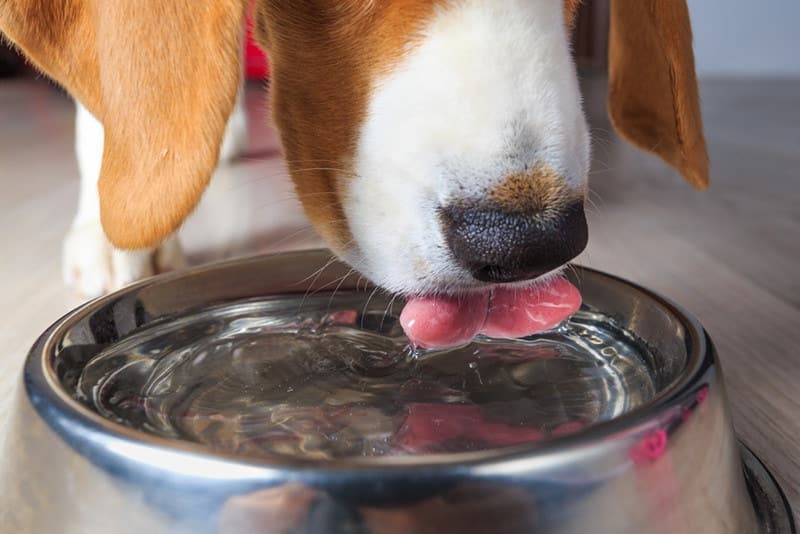
Yes, it’s worth repeating: Hydration is important! Lethargy is a telltale sign of dehydration, along with dry gums, loss of appetite, and excessive panting. Always make sure your dog has access to unlimited fresh, clean water to prevent dehydration in the first place. This goes doubly outdoors, where your dog might play for too long in the sun. Not hydrating and being in the sun is a surefire recipe for potentially fatal heatstroke. If your dog has access to plenty of water and still appears dehydrated, they should see a veterinarian.
6. Addressing Critical Health Concerns

Failing all the usual suspects, your dog’s low energy could be a side effect of a health condition. Lethargy is a sadly common sign in many health problems afflicting dogs, so you’ll need a vet’s help to get to the bottom of things. For now, let’s take a quick look at the most common illnesses that cause fatigue. These include:
- Pancreatitis
- Parvovirus
- Diabetes
- Cancer
- Hypothyroidism
- Acute dehydration
- Heartworm disease
- Heart disease
- Liver disease
- Arthritis
If you’re concerned about your dog’s health we suggest you speak to a vet.
If you need to speak with a vet but can't get to one, head over to PangoVet. It's our online service where you can talk to a vet online and get the advice you need for your dog — all at an affordable price!

Conclusion
Sometimes, your dog is just worn out, but other times, there’s a reason they’re not their usual sprightly self. They might not be getting enough sleep, proper nutrition, or water, or there could be a health issue behind it. We recommend first following the first five entries above to see if things improve. If not, a visit to the vet is in order.
Featured Image Credit: lightman_pic, Shutterstock
